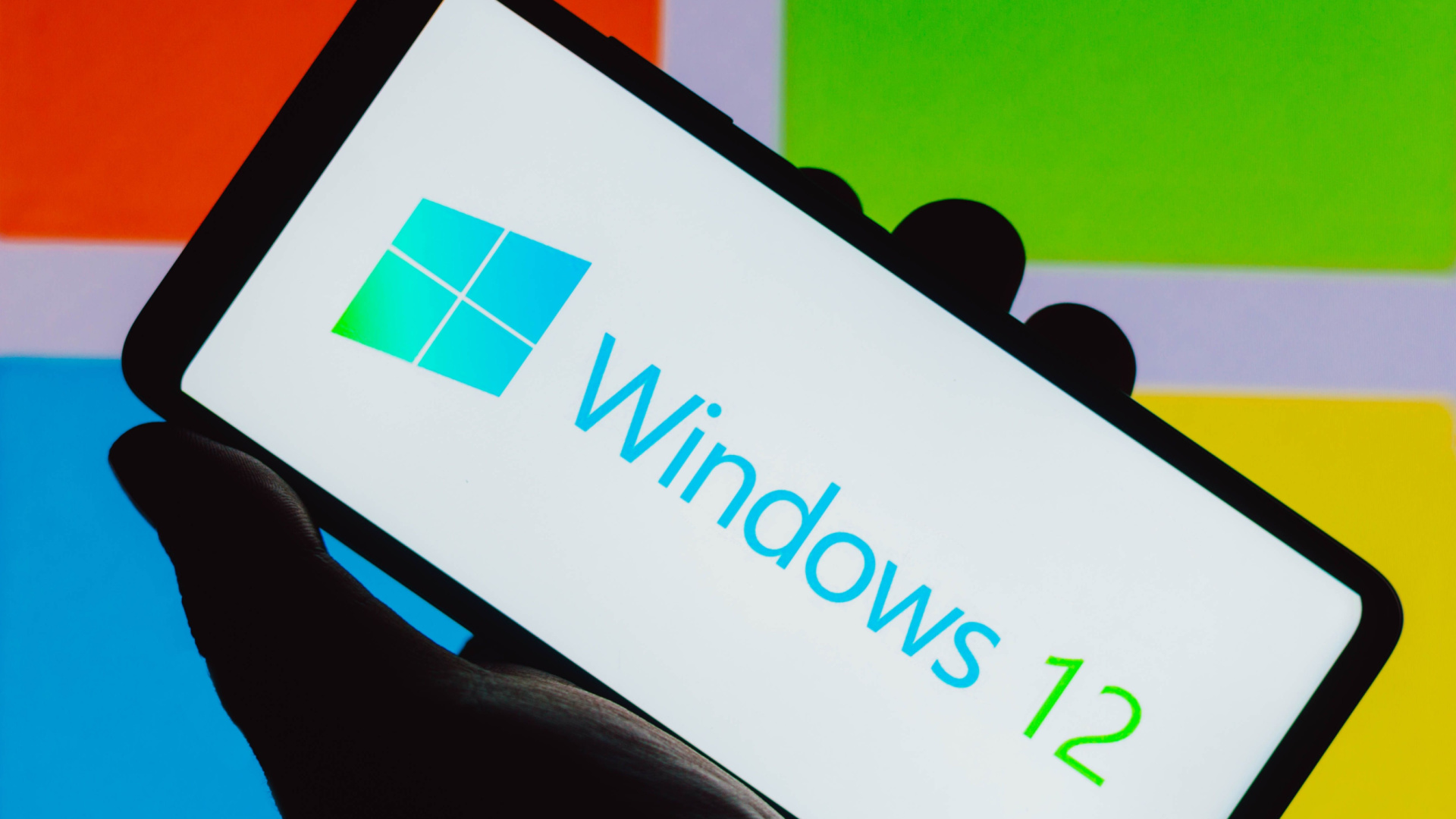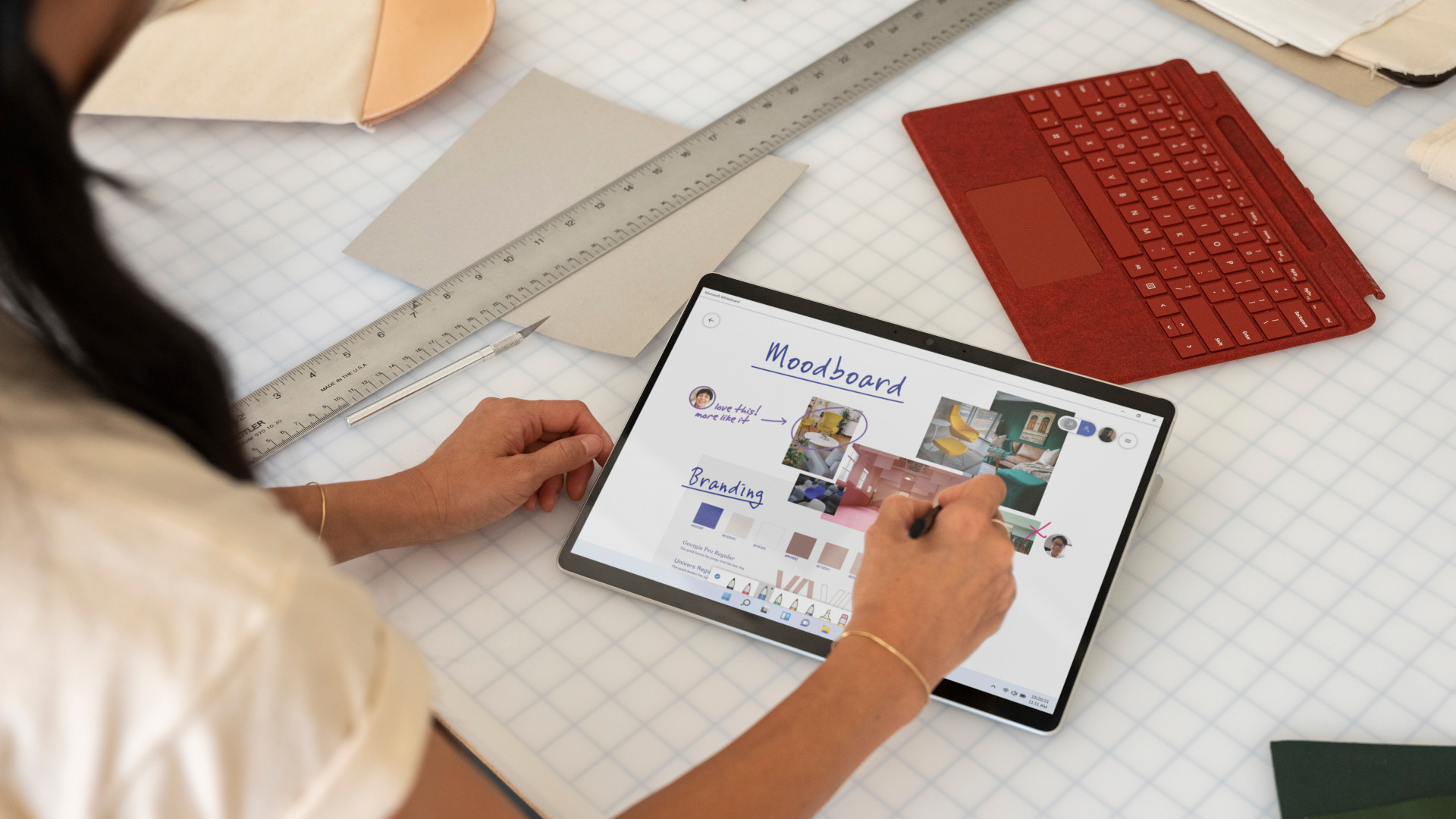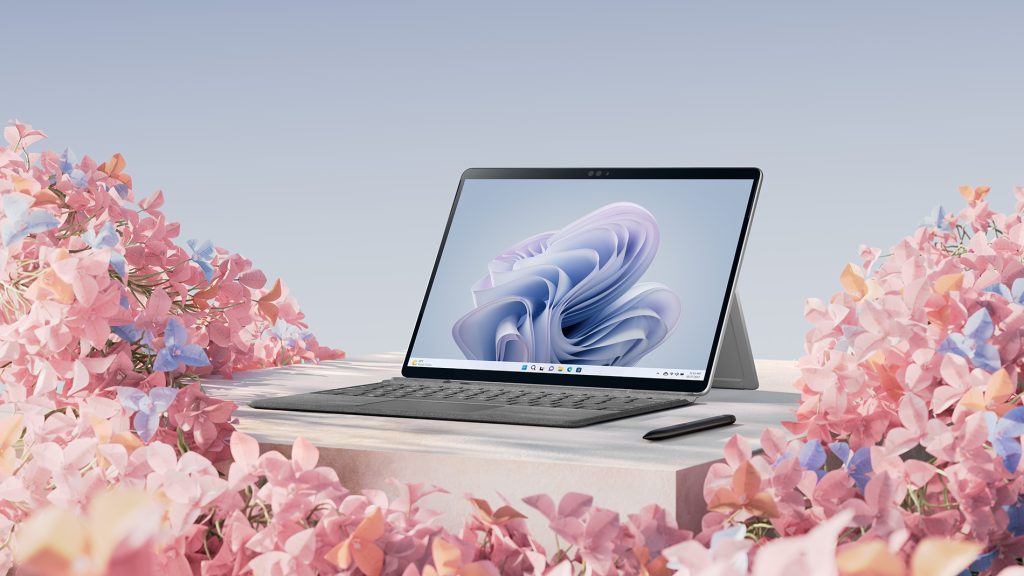Microsoft wants Windows 12 to run on its own silicon. That's fine by me!
Opinion: Maybe Microsoft can get it right this time.

Sign up for breaking news, reviews, opinion, top tech deals, and more.
You are now subscribed
Your newsletter sign-up was successful
My good colleague John Loeffler recently discussed the fact that Microsoft - threatened, evidently, by Apple’s huge success with its M-series chips - reportedly wants to make its own chips for future Windows 12 PCs.
John didn’t like that idea one bit, but I’m choosing to be a bit more optimistic about Microsoft’s plans - even though the Redmond tech giant has stumbled majorly in the past.
Yes, I know the bespoke SQ1 processor powering the Surface Pro X was a hot piece of garbage. But not everyone can get it right the first time; Apple knocked it out of the park with the M1 MacBook Air back in 2020, but that’s a company that has built an empire based on watching patiently to see what everyone else does, then doing the same thing but slightly better.
Microsoft, on the other hand, is a company willing to fail until it gets it right. I mean, just look at Windows, arguably the tech giant’s greatest success. We all love Windows 10, but there sure were a lot of hiccups along the way. Vista, 7, and 8 were all (mostly) functional OSes, but who among us didn’t wish for a return to Windows XP?
Sure, Microsoft can sometimes go backward rather than forward - though I’m hoping that won’t be the case with Windows 12 - but the truth is that when it comes to custom-designed silicon, the only way to can go is up.

SQ3-ky clean
At the end of last year, we reviewed the Surface Pro 9 5G, a version of Microsoft’s latest professional-grade Windows tablet equipped with the third-generation SQ3 chip as opposed to the Intel processors found in the standard iteration. And it was much better!
The SQ3 - like its predecessors - is an ARM-based chip, which had plenty of advantages but plenty of drawbacks too. 5G LTE functionality was the big benefit, but the ARM system also brought improved eye tracking, gaze correction, noise suppression, and better background blur functionality to video calls. Battery life was also strong, thanks to the SQ3’s lower power consumption.
Sign up for breaking news, reviews, opinion, top tech deals, and more.
The performance was reasonably good, too - it didn’t fall into the same pit as the Surface Pro X, which we felt was sorely lacking in power given its price point. But as our editor-in-chief Lance Ulanoff noted in his review, the choice to go with an ARM chip led to “system compatibility and stability issues”, with the main takeaway being that a lot of software simply wouldn’t run on this version of Windows.
I’ll explain this without getting too granular: it’s because ARM is ‘RISC’, or Reduced Instruction Set Computing, while the Intel and AMD processors that power most Windows devices are CISC-based which, you guessed it, stands for Complex Instruction Set Computing. Windows as we know it is inherently built for systems running x86 instruction sets, so getting it to work on ARM hardware requires some finessing - and comes at the cost of the wider software compatibility afforded by x86.

ARMed and dangerous
Here’s the thing, though: Microsoft isn’t giving up on its own silicon, even if the SQ series hasn’t been a resounding success. And I think it finally gets it: Windows doesn’t run well on ARM, but Microsoft makes Windows, so it has a very real chance to be the solution to its own problem.
Windows 12 is still being assembled behind the scenes, a whole new OS - and Microsoft has the opportunity right now to make sure that when it does finally arrive, it’s well-suited to run on ARM hardware.
This could be huge for one specific (but expanding) area: PC gaming handhelds. The Steam Deck is a popular choice for PC gamers on the go, but Valve wisely chose to make it run on SteamOS rather than Windows - a rather notable stumbling block for the recently revealed Asus ROG Ally handheld. Rumored features like a ‘handheld mode’ for Windows could be fully realized in 12, paving the way for some incredible Windows-powered portable consoles.
ARM has its benefits, after all; the significantly improved battery life is a big draw. Intel has been making a big deal out of the boosted power efficiency in its upcoming Meteor Lake laptop CPUs, and if Microsoft wants to get serious about putting its own silicon into the Surface product line, battery longevity will be a key factor.

The future of Surface is tied to the future of Windows
Will the SQ4 (or whatever Microsoft chooses to call it) be one of the best processors on the market? I don’t know - but I hope that Microsoft can finally produce something that lets it go toe-to-toe with Apple’s powerful M2 chips.
It doesn’t have the advantage of running a tightly-controlled closed ecosystem as Apple does with macOS, but if Windows 12 is properly built with ARM in mind, Microsoft could finally solve the big compatibility problem that has plagued its SQ-series tablets. Hell, Apple has even proved that gaming on processor-integrated graphics is a real possibility, even if I don’t personally think that MacBooks will ever become the future of gaming - Windows is just too popular.
Ultimately, in a time when shortages are making reliance on other chipmakers a tenuous proposition at best, I think Microsoft investing in its own silicon is a good idea, despite its previous fumbles. Previous SQ chips have been half-hearted: it’s time to commit.

Christian is TechRadar’s UK-based Computing Editor. He came to us from Maximum PC magazine, where he fell in love with computer hardware and building PCs. He was a regular fixture amongst our freelance review team before making the jump to TechRadar, and can usually be found drooling over the latest high-end graphics card or gaming laptop before looking at his bank account balance and crying.
Christian is a keen campaigner for LGBTQ+ rights and the owner of a charming rescue dog named Lucy, having adopted her after he beat cancer in 2021. She keeps him fit and healthy through a combination of face-licking and long walks, and only occasionally barks at him to demand treats when he’s trying to work from home.